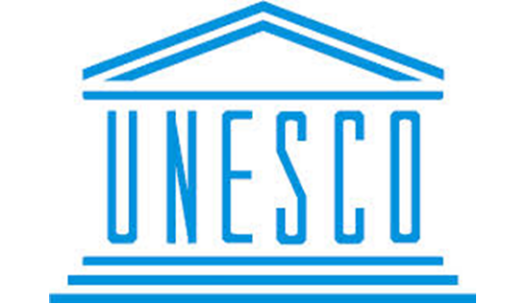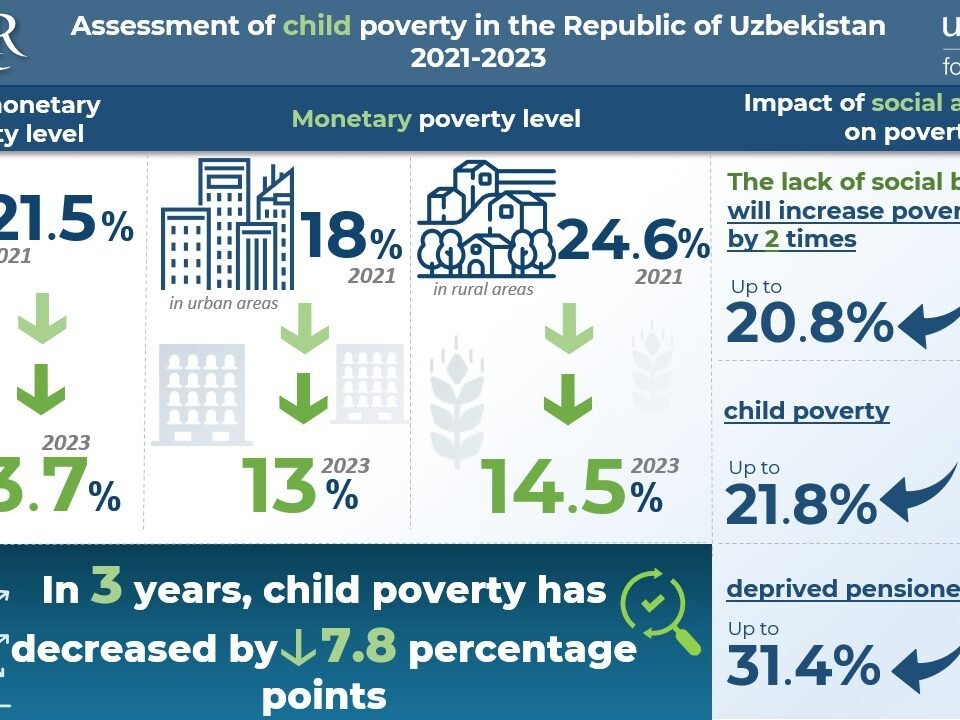In November, the Tashkent Declaration on Culture of Peace and UNESCO Activities in Member States has turned 18.
The Declaration was adopted in 1998 in Tashkent during the session of the Executive Board of UNESCO, held for the first time in the CIS. Uzbekistan was not chosen as a venue by chance. Here, enlightenment, science and culture have from ancient times received special attention.
Respect for the national values and history of more than 190 member states is the main principle of the UNESCO activity. The work of this organization proves that science and culture lead mankind towards light and kindness, and calls on nations to rally around these humanistic ideas.
Uzbekistan has been actively cooperating with this authoritative organization, one of the main objectives of which was and remains the identification, protection and preservation of cultural and natural heritage. To date, 300 objects of cultural heritage of 88 countries – the customs, traditions, festivals, cuisine, folklore, songs and dances are included in the List of Cultural Heritage of Humanity. Among them are four ancient cities of Uzbekistan – Samarkand, Bukhara, Khiva and Shahrisabz. In addition, our national values, the holiday Navruz and the Katta ashula, Shashmaqom and Askiya as masterpieces of the oral and intangible cultural legacy are included in the relevant UNESCO Representative List.
Speaking of the activities of the organization in Uzbekistan, the head of the UNESCO office in Uzbekistan Krista Pikkat said: “Thanks to the richness and diversity of cultural expressions, the work in the field of culture is perhaps the most important and interesting part of the activities of our office in Uzbekistan. Through the support of crafts and tourism, restoration of monuments, UNESCO contributes to the development of culture. The organization’s activities are based on a number of regulatory documents in the field of culture, in particular the Convention on the Protection of the World Cultural and Natural Heritage (1972), the Convention for Safeguarding the Intangible Cultural Heritage (2003), ratified by Uzbekistan. The established trust-based relationships provide for a solid foundation for the further consolidation and enhancement of cooperation.”


























